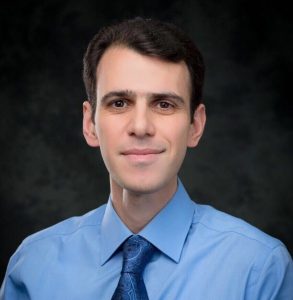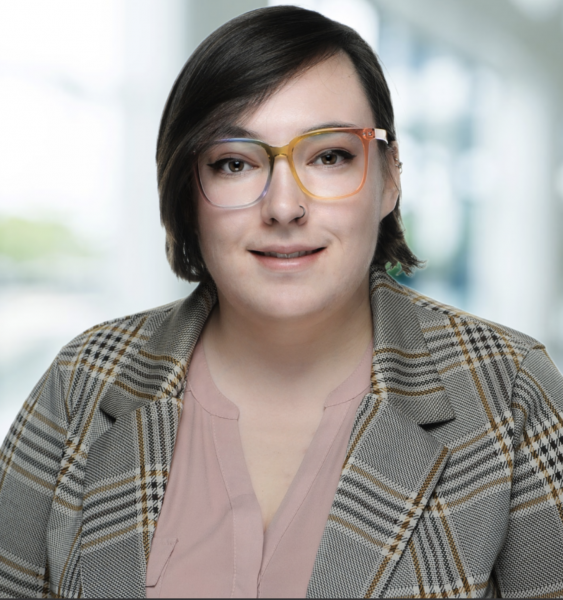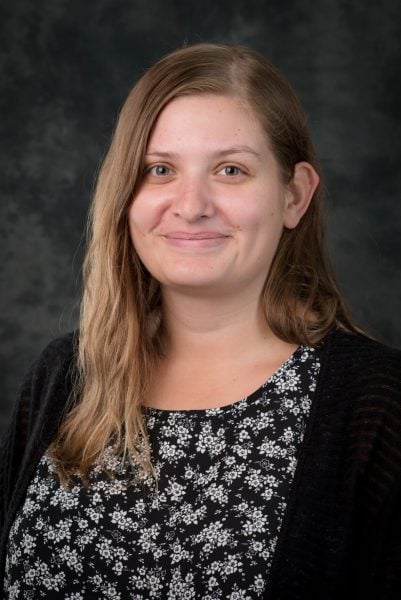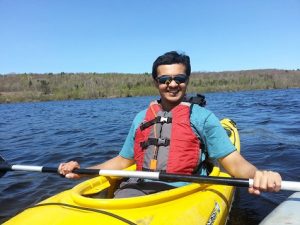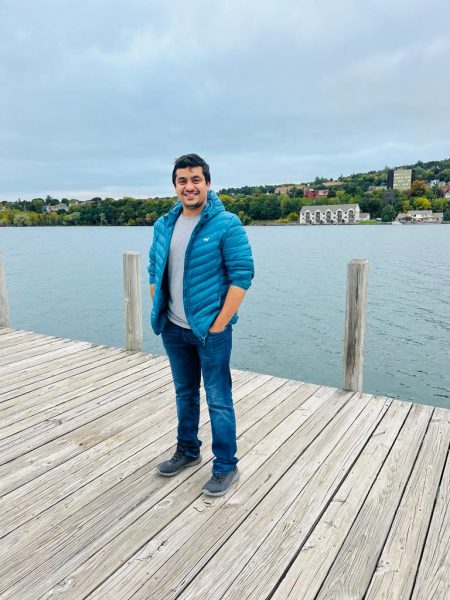Nupur Bihari
Materials Science and Engineering
I moved to the beautiful city of Houghton as a Master’s student in Electrical Engineering and worked on my thesis (under Dr. Paul Bergstrom) on a microfabricated blood typing sensor. Continu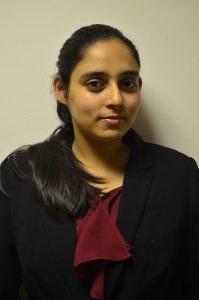 ing to explore semiconductor microfabrication and vacuum systems, I joined the Department of Materials Science and Engineering in Fall 2016 under Dr. Joshua Pearce. I began my PhD research on integrating the disparate worlds of additive manufacturing and semiconductor fabrication.
ing to explore semiconductor microfabrication and vacuum systems, I joined the Department of Materials Science and Engineering in Fall 2016 under Dr. Joshua Pearce. I began my PhD research on integrating the disparate worlds of additive manufacturing and semiconductor fabrication.
Additive manufacturing is radically changing the way polymer-based components are manufactured. It has enabled customization, reduced costs and led to unprecedented growth in the acceptance and use of polymers in scientific research equipment. Despite the ubiquity of 3-D printed materials in research applications, they have remained conspicuously absent from semiconductor research, primarily due to their apparent incompatibility with vacuum equipment. This incompatibility is mainly in terms of outgassing of volatile organic species. Outgassing in polymers arises when low molecular mass entities present in the material matrix escape when exposed to vacuum. If polymers are coated with a conformal, crystalline, inorganic film introduced with atomic layer deposition (ALD), then outgassing can be reduced to a large extent because the surface layer acts as a seal to prevent these low molecular weight species present in the bulk of the material from escaping. Going a step further, I am in the process of building a first of its kind ALD system almost entirely out of 3-D printed polymeric materials.
I would like to express my gratitude to Graduate School for the finishing fellowship. I am honored to have my research get this recognition.

